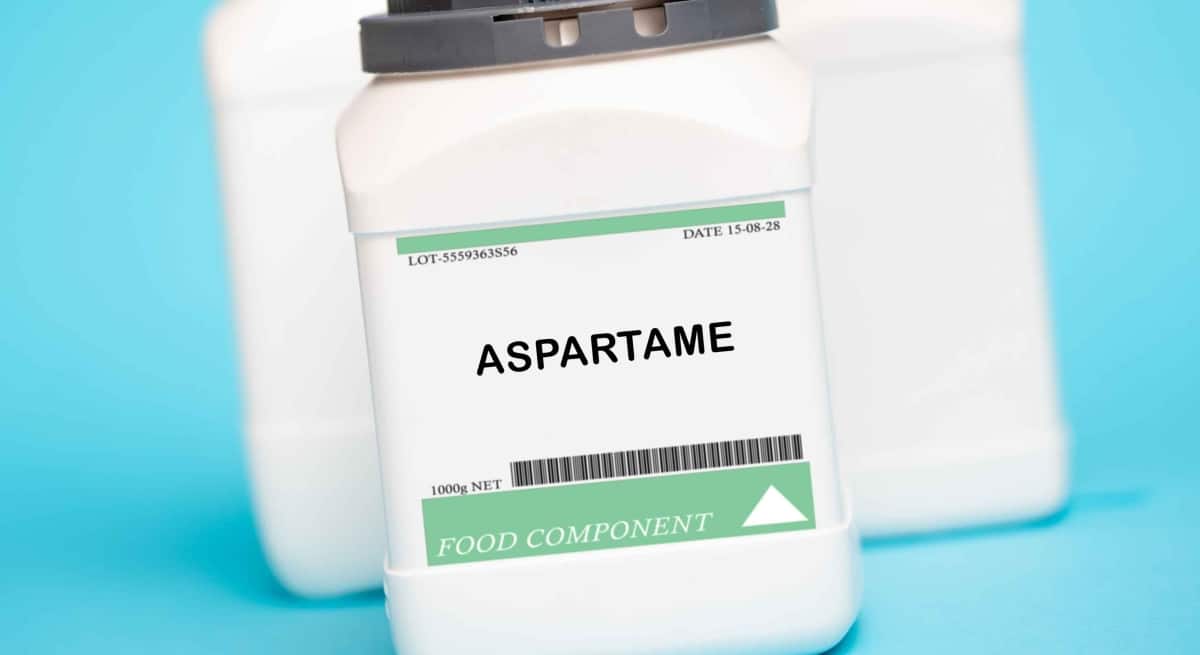Aspartame, a non-nutritive sweetener discovered in 1965, is currently under scrutiny for potential health risks, including cancer. While multiple studies have suggested correlations between artificial sweeteners and health issues, the World Health Organization (WHO) and the US Food and Drug Administration (FDA) maintain that aspartame is safe if consumption stays within acceptable daily intake limits. However, recent research suggests potential links to cancer and WHO has revised its guidance to state that non-sugar sweeteners do not aid long-term weight control.
Key Points:
- Aspartame is an artificial sweetener used in over 6,000 products, known by brand names such as Equal, NutraSweet, or Sugar Twin. Despite being non-nutritive, it is metabolized by the body and has about 4 calories per gram.
- Multiple studies suggest links between artificial sweeteners and health problems, including migraines, heart disease, cognitive issues, diabetes, and cancer. However, WHO and FDA assert that aspartame is safe if used within prescribed daily intake limits.
- Concerns have emerged about aspartame’s use in children, with the American Academy of Pediatrics highlighting a 200% increase in consumption between 1999 and 2012.
- The FDA warns against using aspartame by individuals with certain conditions, including the genetic disorder phenylketonuria, certain rare liver disorders, or pregnant individuals with high levels of phenylalanine in their blood.
- Recent studies have begun to explore if artificial sweeteners, including aspartame, may contribute to feelings of hunger, leading to increased calorie intake and weight gain. This led WHO to revise its guidance stating that non-sugar sweeteners do not assist in long-term weight control. In 2023, aspartame was categorized as “possibly carcinogenic to humans” due to a potential link to liver cancer by WHO’s International Agency for Research on Cancer.
Source: https://www.cnn.com/2023/07/13/health/aspartame-sweetener-explained-wellness/index.html






